So you've mastered the home barista basics. Your barista skills are better than anyone you know, but still not at a professional level. You know how to steam milk, which grind size your machine needs, and you know not to leave shots lying around for ten minutes. What coffee skills come next?
Leveling up your barista skills is actually easier than you think. You don't need fancy equipment or to spend thousands on the newest coffee tech. Sure, that stuff is nice to have, but if you're a beginner coffee nerd, other skills are more integral. I'm going to teach you the importance of a coffee scale, how to do basic latte art, and the different types of drinks.
As an ex-barista (four years spent behind various cafe bars), I know a thing or two about making coffee professionally. Now that I'm a tech journalist, I like to spend my time passing on various nuggets of wisdom.
1. Get yourself a coffee scale
As Tom's Guide's resident coffee scales tester, I know my way around the famously niche device. But why is it so niche? Why, whenever I tell my friends and family about testing coffee scales, do they reply, "Wow, I didn't even know those things existed."?
I've tested some of the cheaper scales (KitchenTour Coffee Scale, currently just $22 at Amazon) and some of the pricier scales (Felicita Arc scale, $110 at Amazon) and while the pricier ones have some impressive specs, you can do no wrong with the cheap options.
Why do you need a coffee scale? Here's why you need a coffee scale. In short, the reasons are threefold: accuracy, consistency, and troubleshooting. If you have a coffee scale, you know exactly how much water and coffee you're using to get your espresso. If you like a stronger espresso (or you're making specialty espresso like a ristretto shot), you'll be looking for a 1:2 coffee-to-water ratio, and if you want a lungo, you'll need 1:3.
A coffee scale basically ensures you're putting enough stuff in to get enough stuff out. Think of it like this: you wouldn't eyeball baking a cake, would you? So why would you eyeball crafting espresso drinks?
2. It's latte art time, baby!
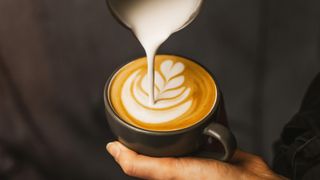
Don't fret — I'm not going to make you draw swans in your drinks. That would actually be very hypocritical of me, because I can't even do swans. I'm going to walk you through how to do (in my opinion) the simplest latte art that still looks super impressive: The Heart.
Latte art is easiest in shallower, wider mugs, like the one pictured above.
- Make your perfectly-textured milk as I taught you in mastering barista basics.
- (Gently) Bang and swirl the milk so there are no bubbles and the milk is smooth.
- Bring the jug about 4-5 inches above your mug and draw circles with the milk until the mug is just under 3/4 full.
- Now bring the jug right to the rim of the mug and pour directly into the center of the mug: it should look like a circle.
- Just before the mug is full, bring the jug forward with a flick of your wrist and 'cut' through the circle to make a heart.
3. Not just americanos
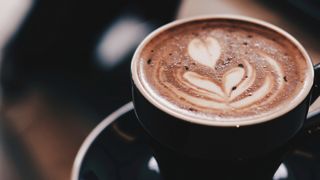
There are so many coffee drinks that if I tried to describe all of them here, you'd die of boredom before scrolling to the end of the article. So I'll just walk you through the three most basic, and give you some ideas for specialty espresso shots.
Don't come at me in the comments — loads of different cafes and coffee geniuses have their own spins on these drinks. What I say might be different from what you think. This isn't a be-all-and-end-all of coffee information: there's a wealth of knowledge out there just waiting to be discovered. This is a quick-fire run-through of the most fundamental concepts of drinks.
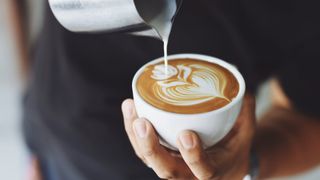
Latte
Logically, we'll start with the perceived 'basic' beverage. Latte is espresso with milk, and you all know how to make that now. It's as easy as an americano, right?
A latte is a single or double shot of espresso, topped off with steamed milk. There's nothing else to it, unless you've got a bastion of syrups at home.
Cappuccino
Some people will dispute this, but to me, a cappuccino is like a thicker latte. Instead of making the 'tss tss' noise on the steam wand for a couple seconds like you would a latte, try to get this 'tss' for about fifteen seconds.
Add your milk to a single or double shot and see what you think.
Mocha
Simply put, a mocha is a latte with chocolate. You can either use hot chocolate powder from the store or melt your own chocolate into the espresso. I like to use dark chocolate in a mocha as it elevates the flavor of the coffee.
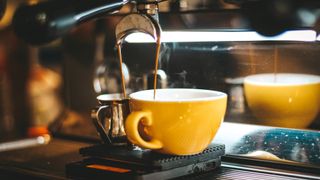
Flat White
In my opinion, this is the S tier of coffee drinks. My go-to order in any cafe is an oat milk flat white, preferably with a light-roast citrussy bean.
What makes a flat white different from a latte is the espresso shot and the volume of milk, depending where you go. To me, a flat white has maximum 6-7oz of milk and 1oz of a ristretto shot. What is a ristretto shot, I hear you ask?
A ristretto shot is around 1:1 ratio of coffee to water, versus a standard 1:2 shot and a 1:3 lungo shot. A ristretto is stronger, sweeter, and in my view, tastier.
If you only have an automatic machine, achieving a ristretto might be tricky. My best advice would be to use finer grind beans and tamp as hard as you can. If you have a semi-auto (like the De'Longhi La Specialista Opera I use), you'll be able to stop the espresso once you reach optimum weight. Using your coffee scale will be of utmost importance here.
Cortado
As we know what a ristretto shot is now, we can take that knowledge and make a cortado.
A cortado is commonly thought to be a smaller, stronger version of the flat white. Instead of 6oz milk, you want a 1:1 ratio with espresso. So if you have a 1oz espresso shot, you'll want 1oz of steamed milk.
To serve, pour the espresso and milk into a small glass. If you're feeling really confident, try and get that heart we talked about earlier in your milk.
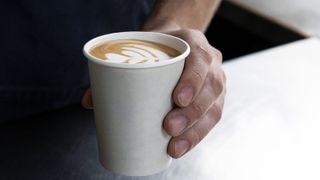
Please, take this newfound knowledge and go forth into the world ready to impress your loved ones. You'll be entering the World Barista Championships in no time.
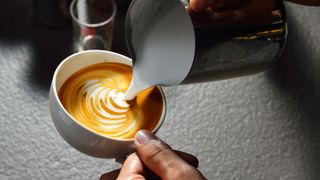
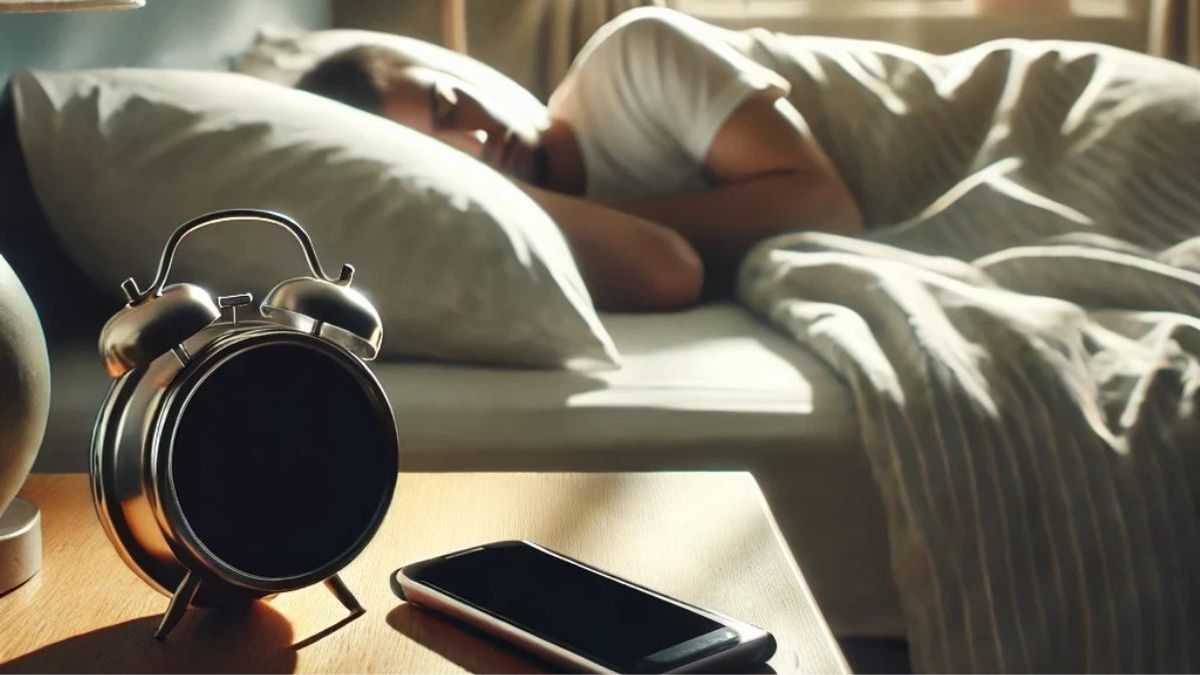
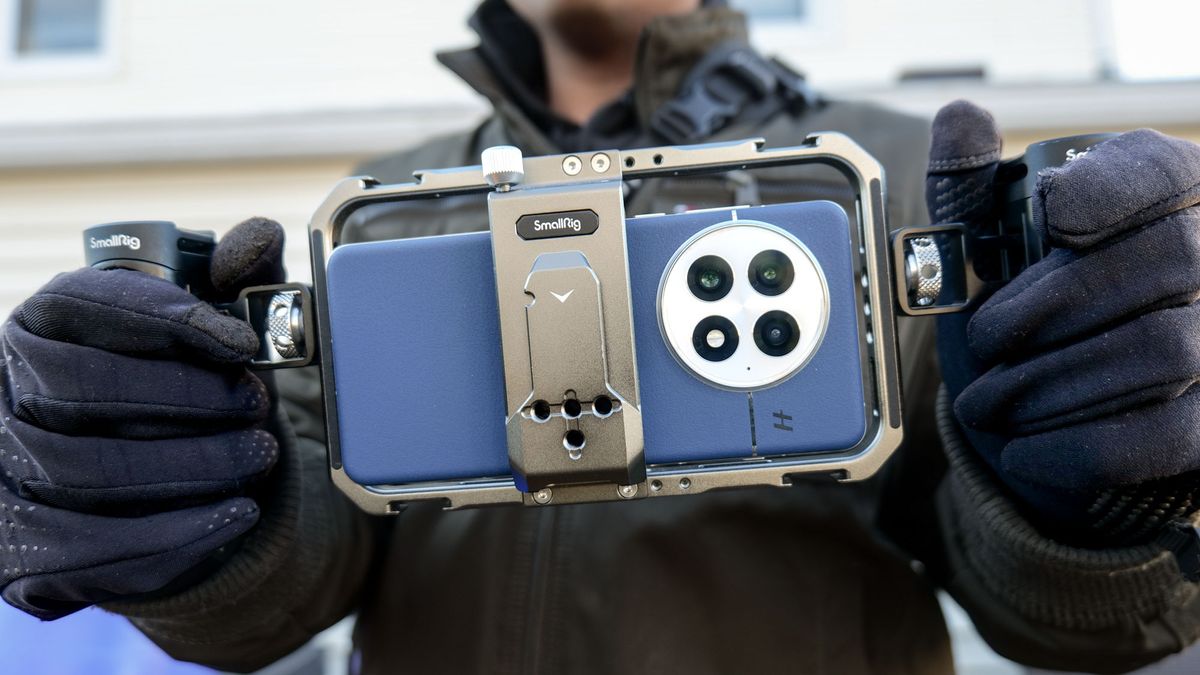
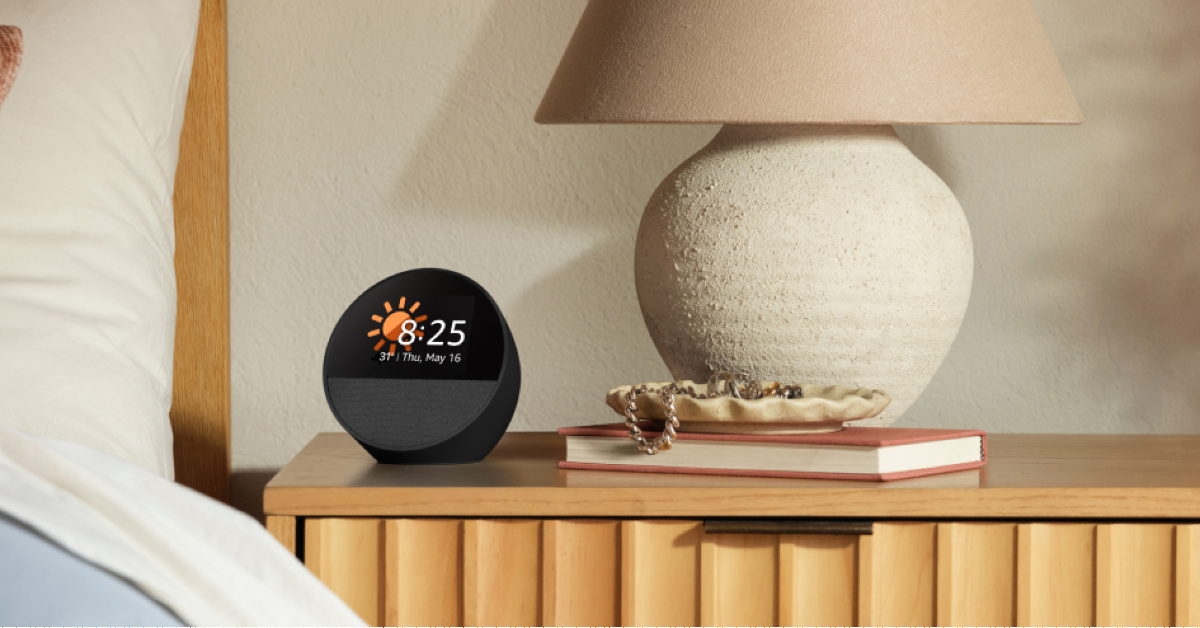
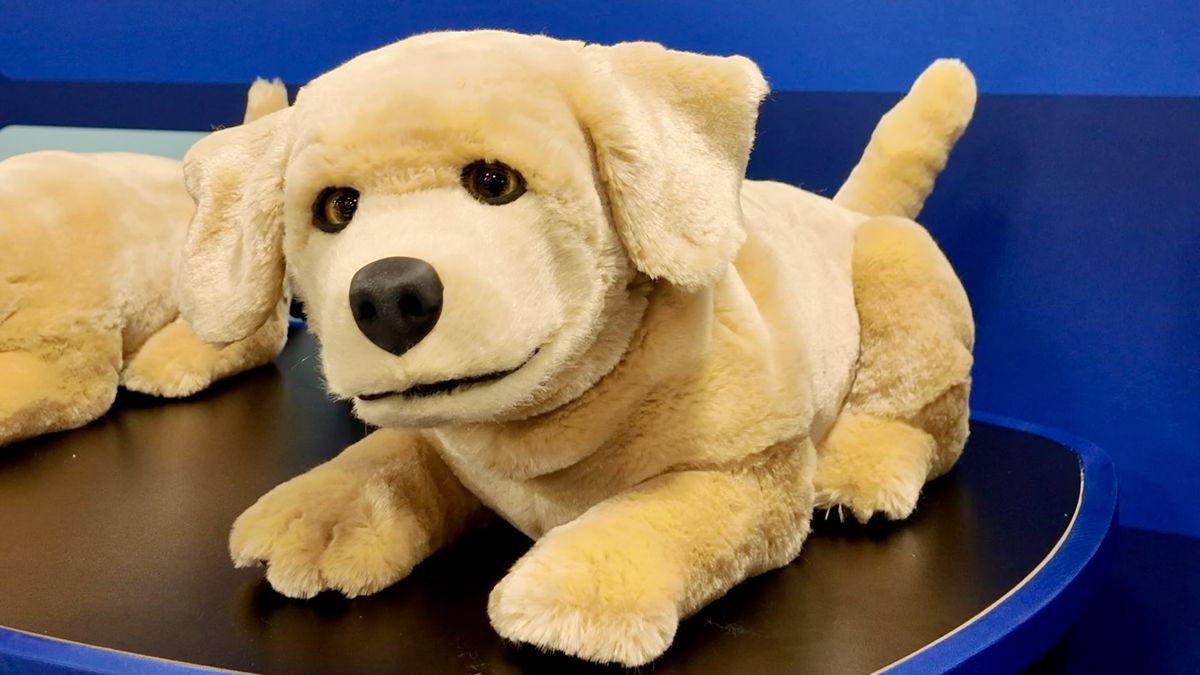
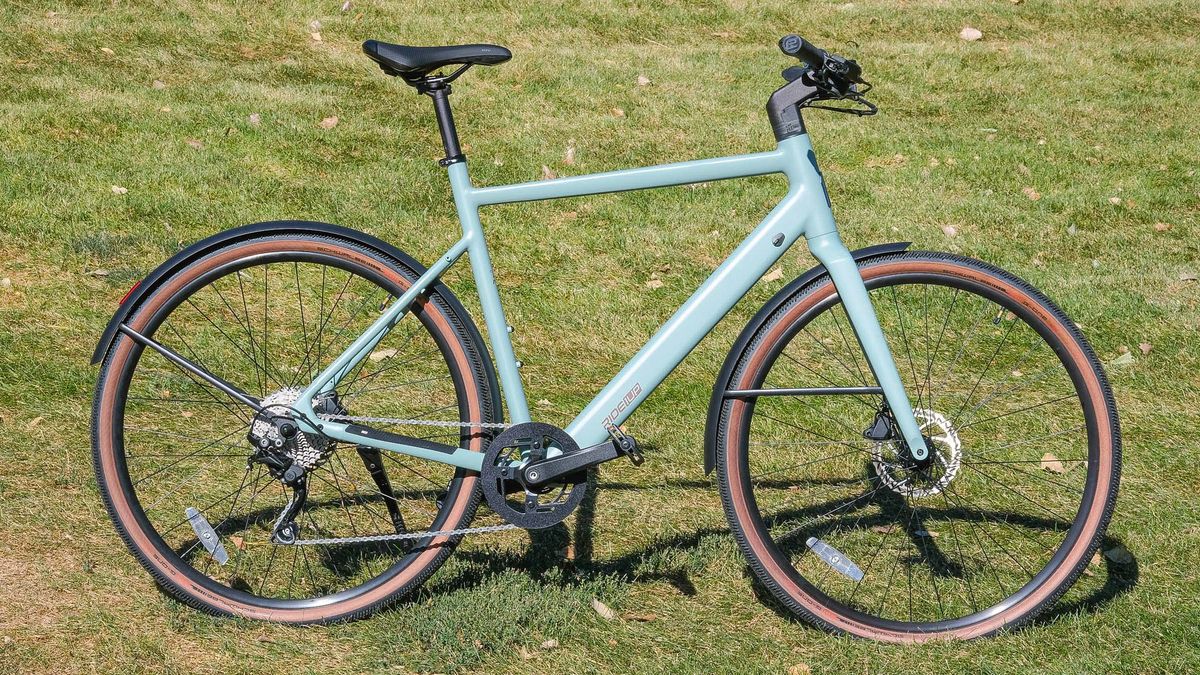



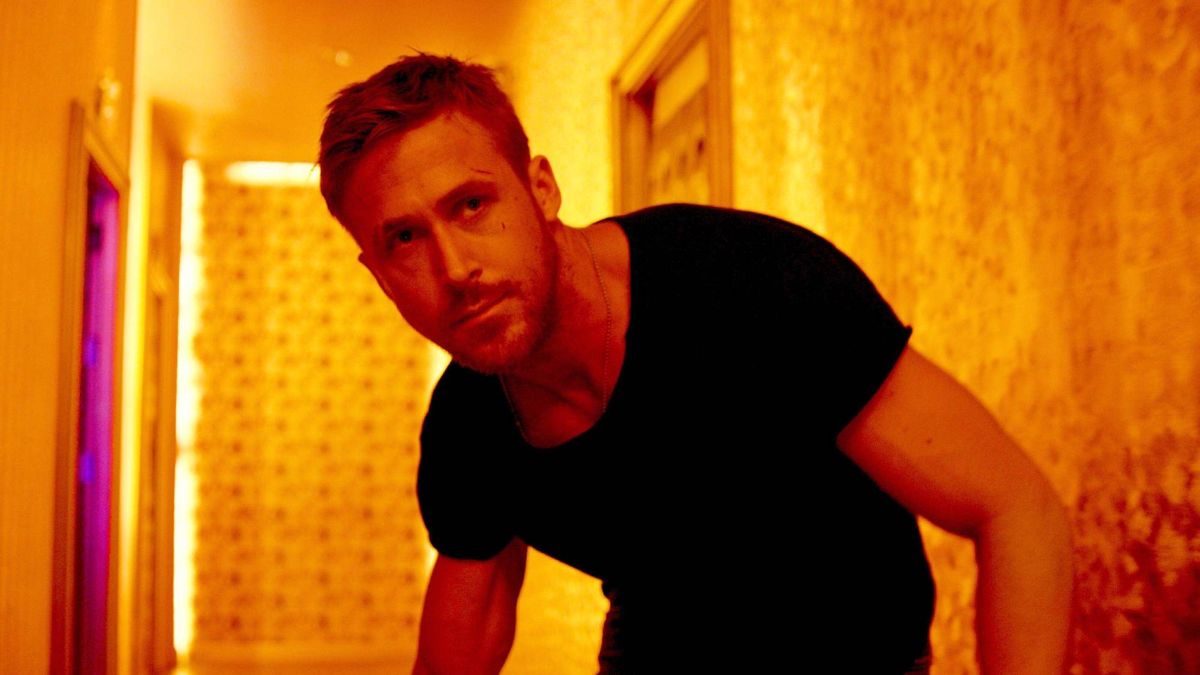











 English (US) ·
English (US) ·